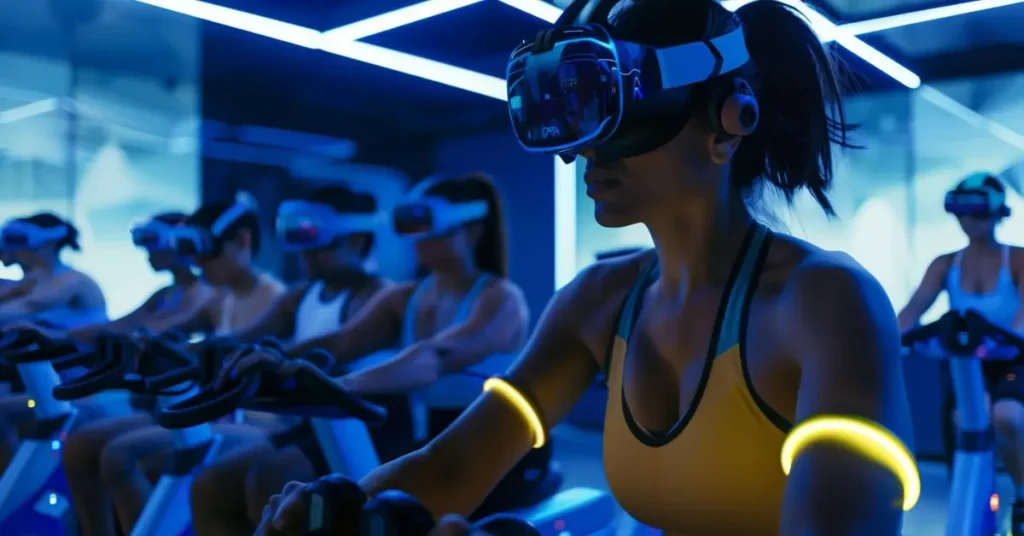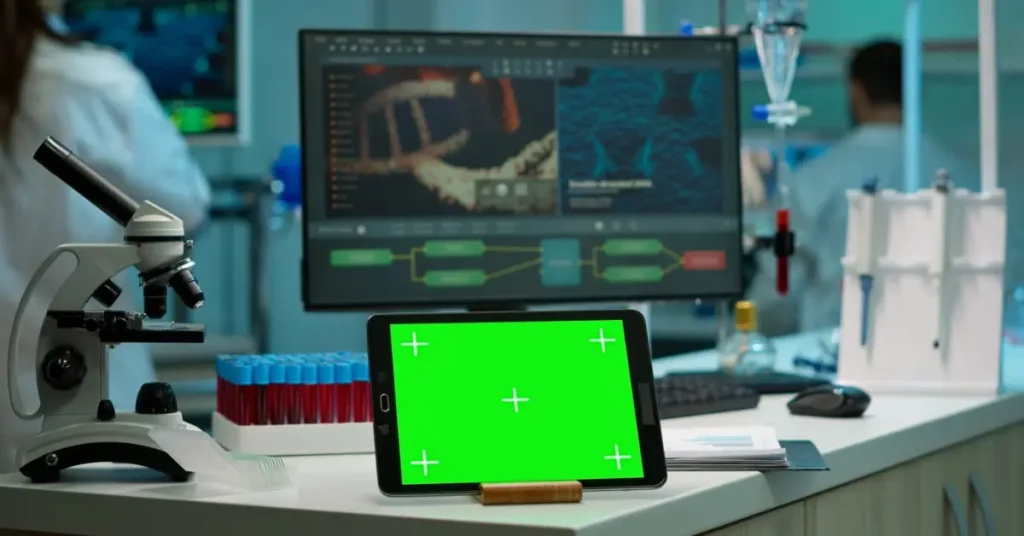The sports technology are those at the very forefront of changing athletic performance and training. These facilities using the very best technology provide an opportunity for athletes and trainers to learn and understand how to make the most out of their performance and recovery. Superior tools and methods have, therefore, played an extraordinary role in making sports technology labs quite prominent in efforts to make training programs much more effective and athletic performance optimized. read more

The Role of Sports Technology Labs in Athletic Training
To analyze, technology labs play a very crucial role in athletic training.
Modern athletic training depends heavily on sports technology labs for enhancing movement. Equipped with advanced tools designed to measure, analyze, and improve various aspects of athletic performance, the sports technology lab utilizes advanced tools that can track, with great precision, the movements of an athlete when he executes a particular movement, gathering precise data on his biomechanics to improve techniques and prevent injuries. You can also explore reddit technology information communities to stay updated on similar technologies.
technology labs also make use of sophisticated software to analyze data from various tests performed on subjects. Such analysis is helpful in customizing training programs specifically based upon the needs and weaknesses of the athletes. The knowledge acquired from such analyses further empowers coaches and trainers to design more strategic and targeted training regimens.
Innovative Technologies in Sports Technology Labs
One of the innovations at the sports technology is wearables. Wearables, like fitness trackers and heart rate monitors, can provide real-time data on athletic physiological responses to training sessions, which are crucial in monitoring progress and adjusting appropriate levels of training intensity.
The most emerging advance is the use of virtual reality (VR) and augmented reality (AR) in the technology labs. Simulations of games can be done through VR and AR; this is therefore used to make athletes practice and perfect their skills in a controlled environment. This immersion allows them to develop better decision-making and reaction times.
In addition, the sports technology always employ advanced recovery equipment, such as cryotherapy chambers, infrared saunas, etc. that aid in restoring the muscles after a workout and minimize the risks of injuries, thereby ensuring that the athlete is able to maintain peaks of performance at every stage of training.

The Impact of Technology Labs on Athletic Performance
Sports technology labs have a consequential effect on the performance of athletes. These laboratories empower athletes to make wise decisions regarding the appropriateness of their training as well as recovery techniques based on the comprehensive data and analysis generated from these labs. It makes for the monitoring and processing of performance indicators to track areas of improvement and subsequently requires the tuning of the training course.
These sports technology labs also aid in the prevention and management of injuries. The data gathered from the different testing analyses helps in early detection of possible injuries, and interventions are thereby taken in time. This preventive approach to injury ensures that athletes spend less time off the field and more on training.
How Sports Technology Labs Help Coaches and Trainers
Aside from the athletes, a sports technology also has an equal benefit to the coach or trainer. The labs provide minute details of the performance so that decisions on training and strategy can be made with data rather than intuition. In return, sports technology labs enable coaches to tailor their coaching methods to each individual athlete based on the insights gained, which in turn yields improved overall team performances.
The other important benefits that technology labs can offer are instrumentation. Such instrumentation can be highly used to measure the efficacy of different training methods and techniques. Such data acquired using these tools can be used by the coaches to refine their strategy and put evidence-based practice into work, which leads to better and more efficient training programs.
1. What types of technology are employed in the technology labs?
Common equipment to be found in a sports technology lab includes motion capture systems, wearables, virtual reality (VR), augmented reality (AR), and advanced recovery tools.
2. How do sports technology labs help in injury prevention?
Sports technology labs help in injury prevention by monitoring performance metrics and detecting early signs of potential injuries, allowing for timely interventions.
3. Can sports technology labs help teams improve their performance?
Yes, sports technology labs allow for detailed performance data that enables coaches to tailor their strategies and training programs toward the improvement of the whole team.
4. Are sports technology labs only professional athletes’ affairs?
No, even amateur athletes can benefit from sports technology labs insights into performance and recovery.
5. How does a sports technology lab help improve training programs?
Sports technology fine-tune training programs by using data in order to provide insights that tailor and target the trainee’s regimen in order to maximize effectiveness.

Conclusion
With sports technology revolutionizing the game through offering innovative solutions and advanced tools, it would be safe to say that this space is transforming the world of athletic performance and training. Such labs give great insights on how to optimize the performance and prevent injuries in training sessions, thus helping athletes and their trainers perfect the art of training. The relevance of sports technology labs shall henceforth emerge into an increasingly important position with modern athletic training.
Sports technology labs are delivering new standards of athletic training and performance enhancement through leveraging the latest technologies and data-driven approaches. Further advancements underway are promising even more effective, more personalized solutions for athletes as well as trainers towards maintaining their peak capabilities.

